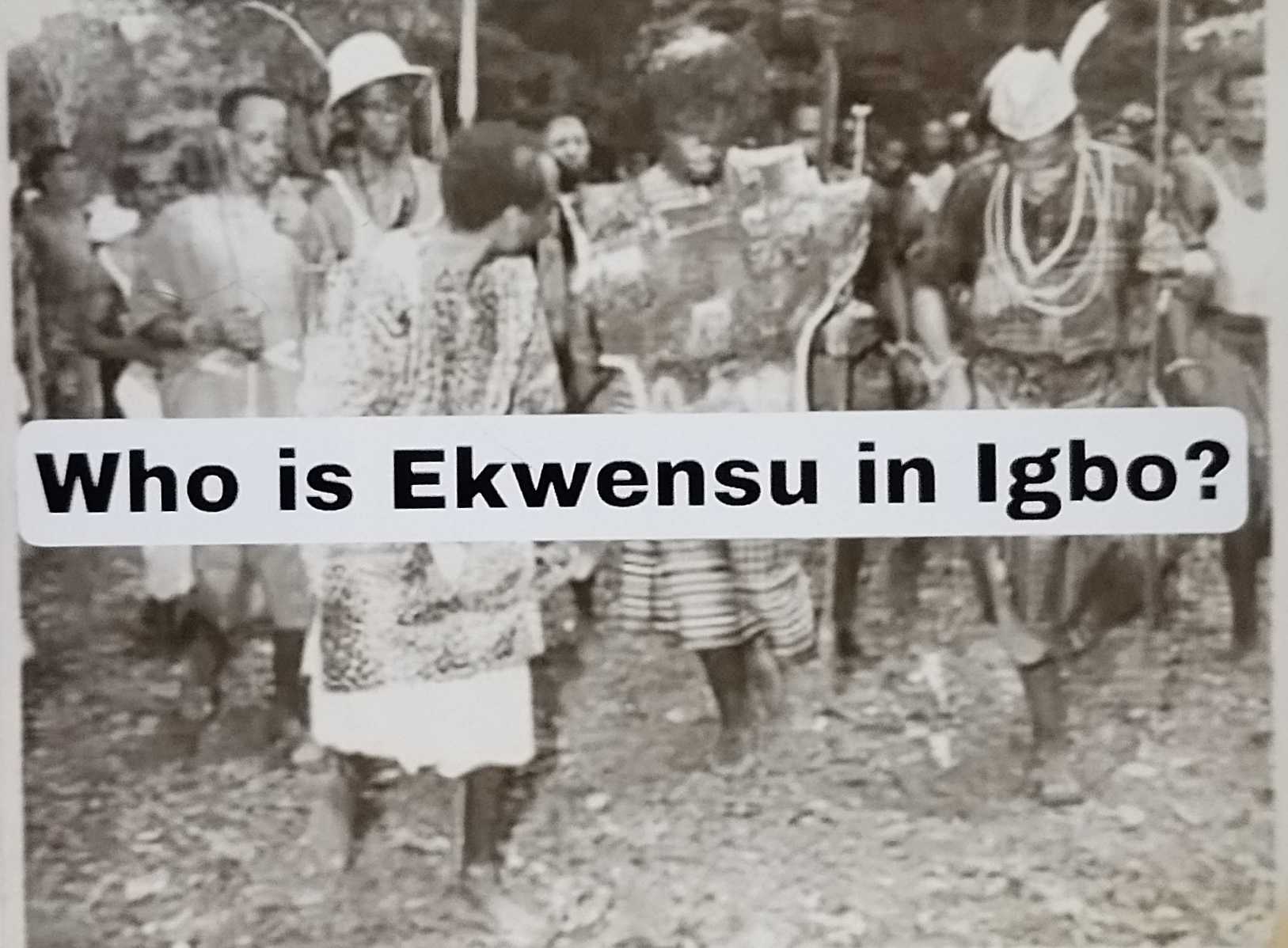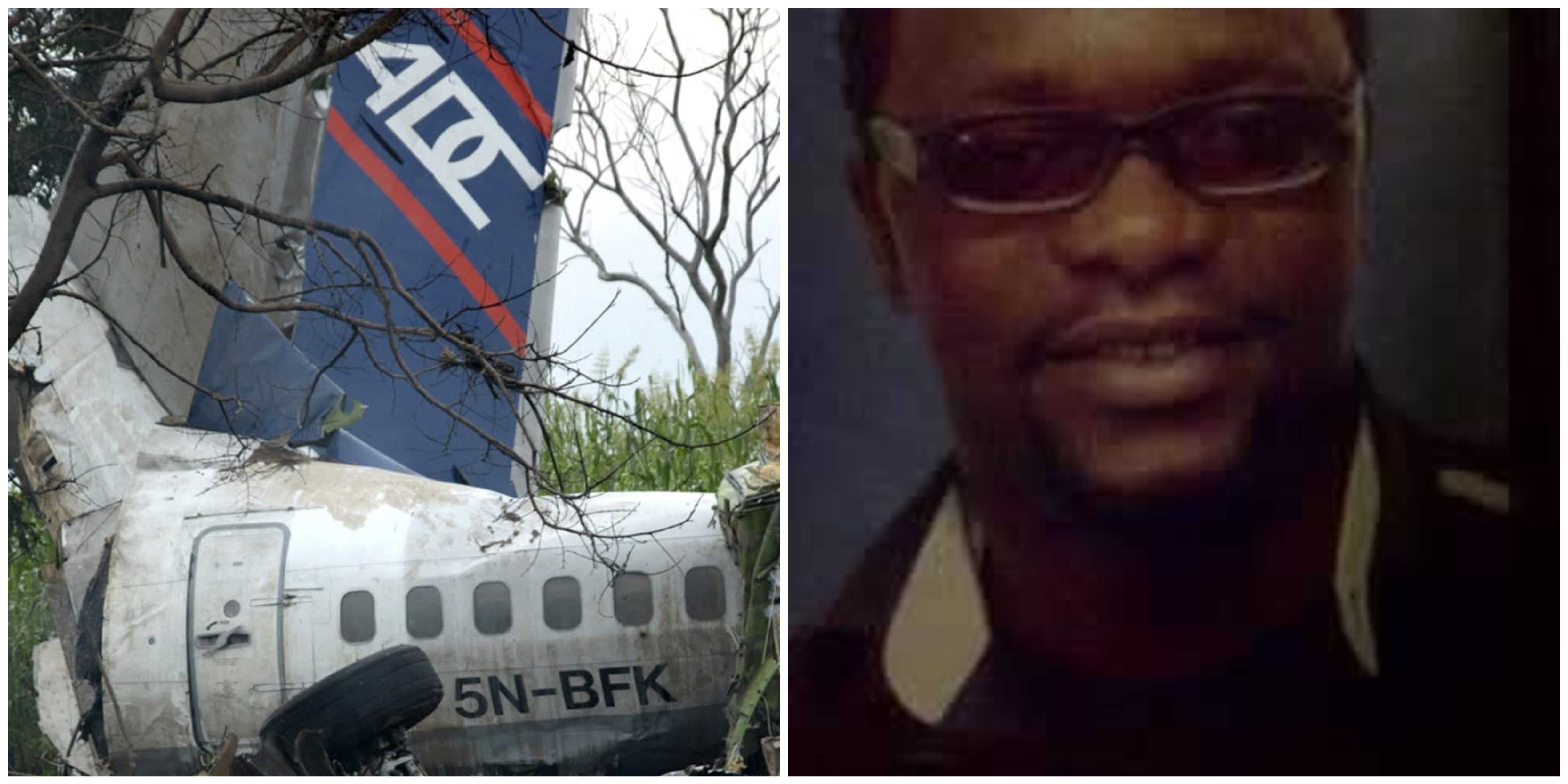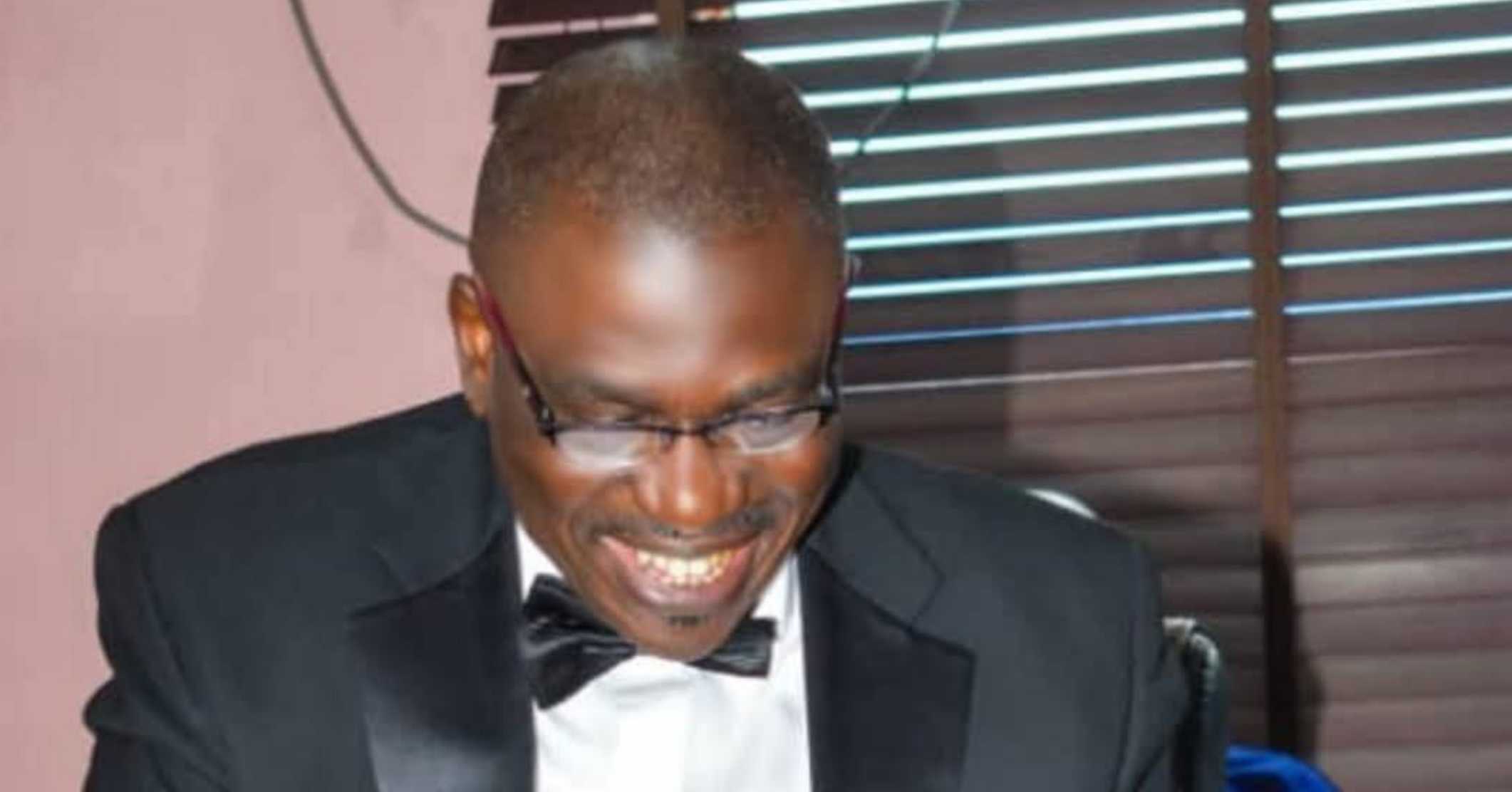
What is Ekwensu in Igbo?
What is ‘Ekwensu’ In Igbo?
The question “what is Ekwensụ’ is one of the most prominent questions posed by students of Igbo Culture.
In this article, we will discuss the Igbo god, ekwensu and address the misconceptions surrounding why some persons are referred as umu ekwensu.
Who is the god of war in Igbo?
Among the Enuani people of Igbo land, the popular Ine festival celebrated on the ninth month of the year is dedicated to the Igbo god of war known as ekwensụ. Ekwensu in Igbo land is not satan or devil as described by Bible translators.
Rather, Ekwensu is the Igbo god of war, manifested in bloodletting and uncontrollable rage.
Amongst the people of Ubulu-Uku Kingdom, Ine is celebrated yearly on the only Wednesday-Nkwọ in the ninth moon known in modern calendar as September.
Ine is among the top three major festivals celebrated in Enuani communities.
We will take Ubulu-Uku, an ancient Igbo community as a case study.
According to Dịọkpa Nkwor Oseji, an Ubulu-Uku born centenarian...
'Ịme Ine, which it's celebration is referred as Ịgba Ine, is as old as Ubulu kingdom and the Iwu festival'.
The Ine festival celebration majorly featured dance by war chiefs and all those who have undergone "Ịkpu-Agana" (a cleansing ritual performed on warlords who spilled blood or their reincarnated offsprings). This is the core aim of Ne festival, to exorcise the demonic spirit associated with spilling of blood.
It is the first festival after "Ịwa-ji" (new yam festival). The natives join the often vigorous, celebration dance that is marked by the Royal handshake "ina-aka".
The Ine features such a vigorous and energetic dance that it is believed one should not eat plantain to engage in it.
Hence the proverb; "Elim ọgede je Ekwensụ" (May I not eat plantain to exorcise the devil). It is also believed by all the people that; 'Adiwe anọ ofu etiti ekili Ine' ( it is impossible to watch the Ine dance while standing at a spot).
The festival offers liberty of speech against all sorts of arbitrary behavior that contradicts societal norms. During Ine, the people can voice out such misdeeds regardless of the personalities involved without fear of fine or other punishments. These opprobrium songs are termed as 'Igba abu' and are targeted against poor social and moral acts.
So, why is Ine referred to as 'Ekwensu' (devil)?
Esther Nwogwonuwe Wright noted that;
Which festival is celebrated by Igbos to exorcise Ekwensu?
"The Ine Festival is referred to as 'Ekwensụ' (satanic), largely due to the way morals are played down as participants use obscene words and songs to expose metaphorically immoral acts committed by some citizenry, which contravenes the norm of the society. It is believed that the committing of such acts result from the 'Ekwensụ' (the devil) and the festival is aimed at cleansing and ridding the town of such ills".
Ine is a purge against the devil and every manifestation of him. It is not in itself the devil.
Enuani people, not the Church termed it as "Igba Ekwensụ" (to exorcise the devil). The term is today misinterpreted to mean 'to celebrate the devil'.
'Igba Ekwensụ Abụ' is to sing an opprobrium to exorcise the devil. The musical notes and songs used during Ine is unique from those used during Ukpukpe and Iwu. Only few will discern this.
After the wars between the Ogbe and Alụmụ people, the more songs were included to the list of the Ine hate/war songs.
Example:
Alụmụ people will sing...
Adịni'm oye?
Adịni'm Chukwu.
Ogbe dịni oye?
Adiniwe Obi.
The hate song was directed at the Obi Ofulue (I) for presumably taking sides with the Ogbe people.
The Alụmụ song declares their loyalty to God only in the song.
There are many of such songs.
However, what is the origin of Ine?
To be continued...
N.B
Ekwensụ is the name for the Igbo god of war and not necessarily the devil.
However, the first Bible translation to Igbo Language contributed to the reference of Ekwensụ as Devil or Satan.
There is no Enuani word for the biblical satan or devil.
(Acknowledgments; The Story of Ubulu Kingdom by Esther Nwogwonuwe Wright, Nkwor Oseji (aka Anyike Ukwu)
📷: Chief Ofulue, the Isagba of Ubulu-Uku and his group during Ine Festival. Photo believed to be taken in the early 70s.


